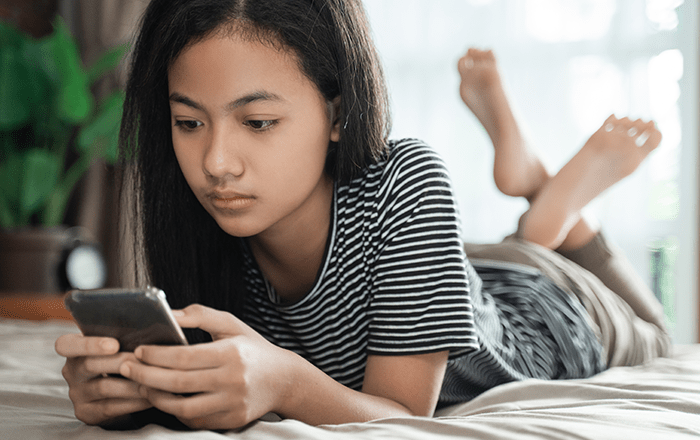While staying home during the COVID-19 pandemic, many of us have spent an increasing amount of time on our cell phones. Today’s cell phones can practically do it all, from the endless wealth of information that is the internet to mindless yet hopelessly addicted games. Social media apps have become incredibly popular recently, and they can indeed give users a needed respite from the loneliness that social distancing has contributed to. Americans of all ages also rely on popular sites such as Facebook and Twitter for much of their news. But is this increased screen time doing more harm than good in the long run?
Social media has provided a near-constant flow of information about the virus since the beginning of the pandemic. Forbes reports that YouTube has become the primary platform for approximately one in six Americans for the latest news about the virus.
YouTube is, of course, far from the only platform that has been a source of news throughout the pandemic. Twitter, Facebook, and Instagram have all transformed the traditional news experience. Instead of gathering around the television in the evening to learn the news, Americans are given access 24/7 to an endless stream of information. This access may inhibit the ability to separate ourselves from current events. While it is always important to stay informed, setting limits and boundaries to access is a healthy approach, especially for children.
Amid uncertain times, such an overwhelming stream of information, especially when so much of that information is rather upsetting, can take a toll on your mental health.
While social media has plenty of positive aspects, it is not without its flaws. Social media apps like Instagram and Snapchat are incredibly popular among kids and teenagers in particular. With the abilities to share photos and connect with friends, social media became a crucial tool for young students who were sent home from school to keep in touch with their classmates while at home. Being able to connect with friends online can help to mitigate feelings of anxiety and loneliness that have been so common during the pandemic.
However, as the country begins to reopen, we must consider the long-term effects of this addiction for kids and teens especially. While adults may be able to switch back into their old habits upon returning to work, it is likely that younger people will continue these habits. After all, teenagers and young adults are the largest population of social media users already, so this new rise is merely a heightened version of what they were already doing.
Younger generations are becoming more and more dependent on their cell phones and the internet for nearly everything. The coronavirus pandemic, in particular, is showing just how much news information social media apps can share with its users, whether it is accurate or not.
However, as parents, we must encourage ourselves to dive deeper and educate ourselves and our children beyond catchy headlines and aesthetically-pleasing photos. Social media cannot tell the full story, both in terms of news and our social lives. It is advisable to remind your children that social media is a highlight reel — not a full life.
Rather than catching up on social media, try to connect with others by calling or video chatting. Though still through a cell phone, these more personal means of communication can help to maintain the important connections of relationships while apart.
If you find yourself spending too much time on your phone, there are many ways to help curb your habits. Apple’s devices are equipped with “screen time,” which allows users to set daily time limits for certain types of applications. Other apps like “Space,” which includes the ability to set goals for more mindful phone use, and “App Detox,” which sets rules for specific apps, can also help. Of course, it may seem counterintuitive to use smartphone apps to limit your screen time. Simple tips such as leaving your phone in another room to avoid checking it unnecessarily can be just as effective!
Parents must understand that if they want their children to reduce their screen time, they must walk the walk themselves. When spending time together put your own phone away, and encourage your children to do the same. For younger children especially, daily “screen-free” time should become an essential to avoid an over-reliance on devices. Take some time together to spend outside on a nice day, reading or gardening together. If you need to beat boredom, redirect your child’s normal screen habits to unplugged equivalents. Find board games and puzzles to entertain a video game-addicted child, or encourage a little Netflix addict to read a book (perhaps the book that their favorite movie or show was based on!).
Again, parents must instill these habits in their own lives in order to set a good example. Children will learn when it is okay to be on their phones based upon your actions. Hopefully, we can use this as a chance to look mindfully upon our relationship with technology and make some changes for the better. After all, many of the best moments in life are those when you forget to look at your phone!
Sources:
















